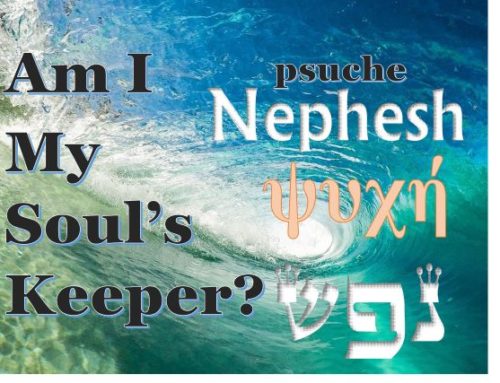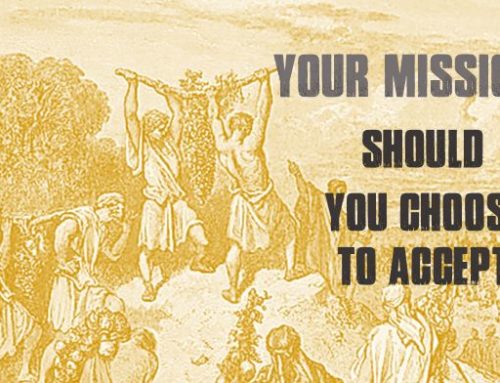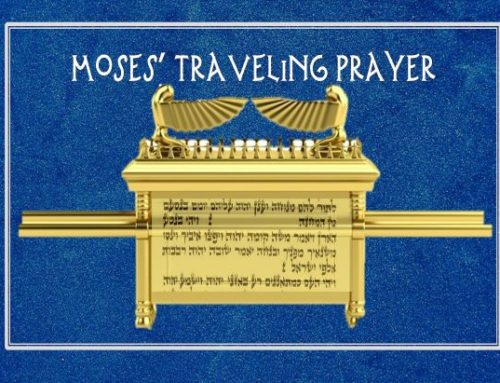Torah Portion Chayei Sarai (The Life of Sarah) (Gen. 23 – 25. 18, I Kings 1. 1-31)
“Sarah lived one hundred and twenty-seven years; these were the years of the life of Sarah. 2 So Sarah died in Kirjath Arba (that is, Hebron) in the land of Canaan, and Abraham came to mourn for Sarah and to weep for her.” Gen. 23. 1-2 NKJV
There is a cave in Israel which holds the great treasures of Israel and the Middle East. This past week a delegation of Jewish leaders from the Mount Hebron Council gathered there to pray for a true friend to Israel, President Donald Trump and for his success in the elections.[1] As I write these words that Election is still undecided. This week’s Torah Portion, called “the Life of Sarah”, describes her death, the mourning, and purchase of that ancient Cave of Machpelah some four-thousand years ago
It is significant that chapter opens with, “these are the years of the life of Sarah”. Those words preface the reader to celebrate her life and memory. And so the aged Abraham comes to this place of her passing. Was Abraham not with Sarah at the time of her death? Also notably absent throughout the mourning is Isaac whose name means laughter. The text leaves him for the moment on Mt. Moriah following God’s test of Abraham to sacrifice him. Though Abraham told his two servants that he and the boy would return to them, Genesis describes only Abraham returning from the mountain – alone. (Gen. 22. 5, 19) Without her Isaac, Sarah’s laughter was gone, and into this void, Genesis introduces new vocabulary – mourning and weeping.
“….Abraham came to mourn for Sarah and to weep for her.” Gen. 23. 2 NKJV
How do we deal with loss? Some today are dealing with immense loss. Are there wisdom keys within the text to help us deal with unexpected change? How do we cope when our laughter remains aloof on the mountain while grief visits?
I. We remember the Life
“Sarah lived one hundred and twenty-seven years”
The words of our text begins with, ‘The life of Sarah’. Abraham took Sarai as his wife, meaning princess, but along the way God called her Sarah meaning “princess with God”. (Gen. 17.15) She was the mother of nations, yet the mother of only one. She brought laughter into the world saying, “All who hear of it will laugh with me”. (Gen. 21. 6). The text wants us to look at her life not her death. Look to the years of an extraordinary woman of God, a woman who even prepared her special dish for the Creator of the Universe.
The Women of Proverbs 31?
The “virtuous wife” or “woman of valor”, Proverbs 31.10, is said to be based on Abraham’s lament for Sarah.[2] The song, an acrostic based on the Hebrew aleph bet, typifies a woman whose beauty is overshadowed by her fear of the Lord.
“Charm is deceitful and beauty is passing, But a woman who fears the Lord, she shall be praised.” Prov. 31. 30 NKJV
Such a description is borne out in the text as the Bible goes out of its way to reveal Sarah’s beauty and love of God. But the tradition sees other hints of Sarah, such as the woman who both considers and buys a field.
“She considers a field and buys it; From her profits she plants a vineyard.” Prov. 31. 16 NKJV
Who considered a field and purchased it? Why exactly did Abraham choose this cave and field in Hebron, the place Sarah loved and spent much time. That field had long been noticed by Abraham and likely Sarah. Her death bought the field! Is Sarah the “virtuous wife” of Proverbs 31? Some note that such a “woman of valor”, as described in the acrostic poem of Proverbs is not easily found in a single individual. Perhaps other women are alluded to in Proverbs 31. Sarah’s life however certainly parallels the wife par excellence in the poem.
II. We Mourn the Loss
There is a time for mourning and weeping. Genesis is like a reading primer for a nation coming out of slavery. It often introduces new vocabulary with a corresponding pairs of words. In this case mourning and weeping. Abraham is weeping at a tomb. His loss was felt by all present. Yeshua also wept at a tomb. Despite the fact that the resurrection of Lazarus was at hand, he wept. He wept with those weeping.
We need to know that our Savior weeps at the sight of those weeping. He is moved to tears by our tears and pain. He defers the rejoicing to an appropriate season. Now he is moved by our loss. Where is the son while we are sorely pained? He will arrive. Isaac will arrive afterward, and Yeshua arrived four days later. I want to encourage you today that the Son will come. He weeps over our loss. Are there tears in heaven? Right now I believe there are. The day when all tears will be wiped from our eyes is yet to come, but it will come.
III. We Comfort the Lonely
“Then Isaac brought her into his mother Sarah’s tent; and he took Rebekah and she became his wife, and he loved her. So Isaac was comforted after his mother’s death.” Gen. 24. 67 NKJV
Finally we see that laughter and joy does return. Isaac returns to our story from the mountain himself in need of comfort. The remainder of our Torah Portion details Abraham sending his servant Eliezer to find a wife for Isaac. Three times this simple verse remembers Sarah and the loss Isaac felt.
- He brought her to Sarah’s tent
- Her name is Rivkah or Rebekah. For Isaac, Rebekah’s name was symbolic of the reversal of the tomb (hakever). Tomb in Hebrew is (הקבר) Rebekah’s name in Hebrew is a reversal of those letters (רבקה). Many Jewish commentaries see this as more than a coincidence. Rebekah was a reversal of death. A reversal for loss.
- Finally, Sarah is remembered as his mother. Most of all Isaac missed his mother, and Rebekah was a comfort to him in his loss.
Conclusion
You may be dealing with emotions of feelings of loss. Loss of a friend, loved ones, employment, finance health, and even a lack of encouragement. All of us seem to be mourning our routines of normalcy. We wonder, will laughter (our Isaac) ever return. He did not die on that mountain, and and yet he is taking a long time to come back to us. I began this Torah Portion by describing the delegation that went to the tomb of Sarah to pray for President Trump. Why go to the tomb? I believe part of the reason is that there is hope at the tomb. Sarah’s not dead. The paradox in the story is that it speaks of the “life of Sarah”. God is the God of the living, and if that is true, there is hope for resurrection and a reversal. This world needs a reversal and a return to the God of Abraham. Why do hundreds of thousands visit Yeshua’s tomb each year? To see an empty tomb! After הקבר (the tomb) there is a רבקה (Rebekah), one who brings comfort. So, though we mourn the loss, we remember the life, and look to the comfort only found in the Messiah of Israel.
Shavua Tov from Zion
[1] Arutz Sheva Staff, “Prayer at Tomb of the Patriarchs for Trump’s Success – Inside Israel,” Israel National News (Israel National News, November 1, 2020), https://www.israelnationalnews.com/News/News.aspx/290260.
[2] “Midrash Tanchuma, Chayei Sara 4:1,” Sefaria, accessed November 7, 2020, https://www.sefaria.org.il/Midrash_Tanchuma,_Chayei_Sara.4.1?lang=en.




